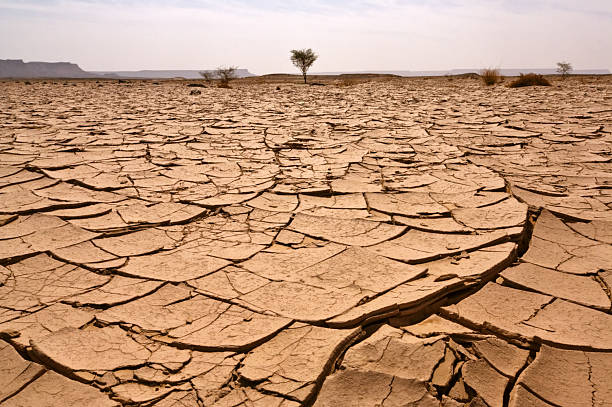By Staff writer

The United Nations Food and Agriculture Organization (FAO), the Intergovernmental Authority on Development (IGAD), the UN World Food Program (WFP), and the Famine Early Warning System Network said in a statement recently, that millions of people in Ethiopia, Kenya and Somalia face starvation due to severe drought.
More than seven million livestock have also died putting lives of millions of people in danger. The drought in the Horn of Africa is a recurrent problem year in year out. It’s not new. How can the countries affected reverse the trend and become more food secure?
Guoqi Wu, the associate vice-president of the Corporate Services Department at International Fund for Agriculture Development( IFAD), said in a recent interview with Xinhua News Agency that, “Sino-Africa cooperation in the agriculture sector could inject vitality into the continent’s quest to attain food security and tackle rural poverty.”
Wu said that China has for decades played a major role to help revolutionize Africa’s farming systems and feeding a rapidly growing population. “China, which became a member of IFAD in the 1980s, has provided the resources and expertise required to transform food production systems in a continent grappling with climate-induced food and nutrition insecurity, Wu added.”
It should be known that China is the biggest donor of IFAD among developing countries, and has partnered with UN agencies to promote South-South Cooperation that has been beneficial to Africa’s agriculture improvement.
In 2018, China contributed 10 million U.S. dollars to facilitate the setting up of a facility whose mission is to support knowledge sharing, transfer of technology, and good practices that can transform agriculture in developing countries including Africa, Wu said. It should also be noted that China has opened up agricultural demonstration centres in many countries in Africa to train farmers and agricultural experts on how to increase crop yields.
Wu said that African nations can borrow lessons from China, which has managed to eradicate extreme poverty and hunger, thanks to the adoption of forward-looking policies and new technologies. China eradicated absolute poverty in 2020, achieving the first UN Sustainable Development Goal 10 years ahead of schedule.
“I think the very first takeaway or best practices that China can share with African countries is the confidence that a world free of poverty and hunger is not a utopia, it is something which is attainable,” Wu stressed.
In a recent meeting of ministers for agricultural and rural affairs of the BRICS countries held virtually, China also called on BRICS countries to cooperate in order to stabilize food security. The member countries also agreed to establish an annual mechanism, the BRICS Agriculture and Rural Development Forum, to address issues close to their hearts and of global concern.
This is a good example to show that China is taking the lead to end hunger globally by providing both financial support to IFAD and also sharing best practices with other countries especially in the global South.
 Africa -China Review Africa -China Cooperation and Transformation
Africa -China Review Africa -China Cooperation and Transformation
